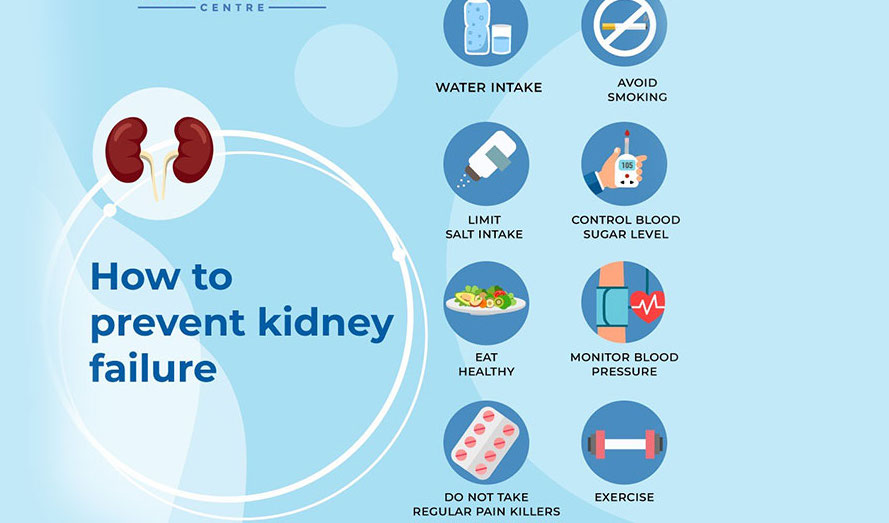
Foods to Avoid

Soda:
Soda provides no nutritional benefit and is packed with sugars, either natural or chemically manufactured. This equates to extra calories in your diet and can ultimately result in unwanted weight gain. A typical 12 oz. cola has 152 calories, and in some places, this is considered a small serving of soda. Diet sodas may be lower in calories, but still provide no nutritional value and often contain additives, including artificial sweeteners. Skip the soda and reach for water instead.
Processed deli meats:
Scrap cold cuts like bologna and ham from your diet! Processed meats can be significant sources of sodium and also nitrates, which have been linked to cancer. Choose leaner meats like fresh roasted turkey or chicken and always opt for the low sodium, low nitrate meats.
Butter:
Butter is made from animal fat and contains cholesterol, calories and high levels of saturated fat. Margarine is made from vegetable oil and is higher in the good fats, but may not be a better choice because it often contains trans fats. When possible, use canola or olive oil instead. If you opt for a spread, go for one that is lower in calories and saturated fat and contains no trans fats.
Mayonnaise:
One tablespoon of mayonnaise contains a whopping 103 calories. Not only is it high in calories, it also contains high levels of saturated fat. Lower calorie and fat-free mayonnaises are available on the market, but they are often higher in sodium and sugar, and may contain other additives.
Salt
Your body needs a little bit of sodium in order to maintain proper fluid balance, but you can get enough from eating fruits and vegetables. Many processed foods, however, add a great deal of salt in order to enhance flavors. The most commonly used form of salt is processed table salt. When you eat too much salt, your kidneys respond by retaining water in order to dilute this electrolyte in your bloodstream to maintain proper heart function. This places a load on the kidneys. Salt intake may also raise blood pressure, which can cause damage to the kidneys nephrons, which filter wastes.
Dairy products
The problem with dairy products is similar to that of other animal proteins. Consuming dairy products increased the excretion of calcium in the urine, which has been associated with a higher risk of developing kidney stones. Reducing dairy can help people with kidney failure and kidney disease, because it can make the filtering work of the kidneys easier, delaying the need for dialysis.
Artificial sweeteners
Many people believe they are doing something healthy for their bodies when they consume artificial sweeteners because these ingredients are non-caloric. Researchers looked at the role of artificial sweeteners on kidney function and found that there was an increase in kidney function decline with intake of just two diet sodas per day.


